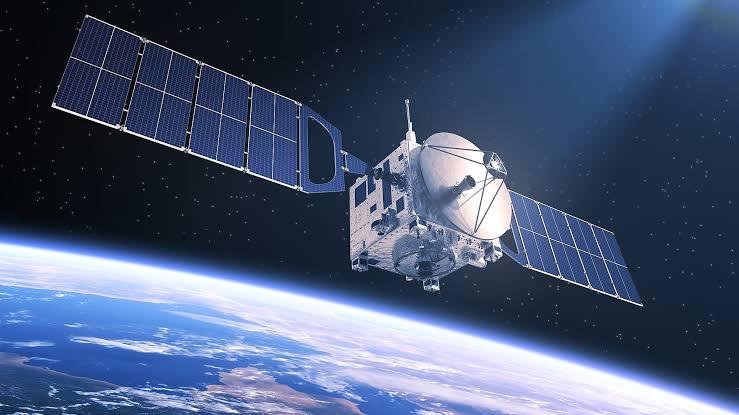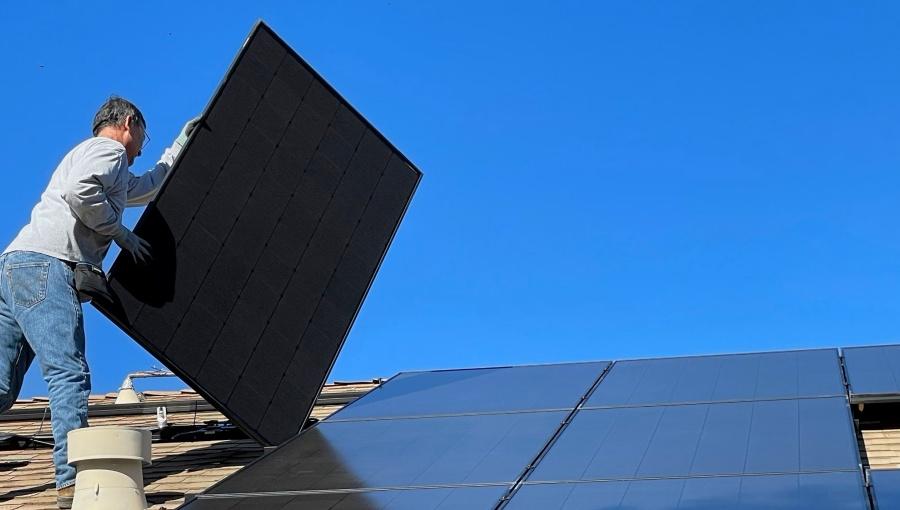
Nigeria will launch four new satellites to support Earth observation and enhance national security efforts, according to Uche Nnaji, the Minister of Innovation, Science, and Technology. Speaking at the 22nd National Council on Innovation, Science and Technology in Abuja on Wednesday, Nnaji confirmed that the Federal Executive Council (FEC) had given its approval for the multi-million dollar project.
The planned satellite launch includes three Earth Observation satellites and one Radar Aperture satellite. Nnaji emphasized the critical role these satellites will play in addressing Nigeria’s security challenges and supporting various technological needs. He explained that the Radar Aperture satellite would provide continuous imaging capabilities, capturing visuals during the day, at night, and even in adverse weather conditions like rain.
“The search satellite is the one that will pick images both day, night, during rain, every time of the day, and that is technology in play. The military can use it effectively, unlike now that when we want to go and view Sambisa forest and some of these dungeons on guerrilla warfare, we have to buy images, data,” Nnaji said.
The minister highlighted that this satellite project aligns with President Bola Tinubu’s “Renewed Hope Agenda,” aimed at tackling Nigeria’s pressing problems through technological advancement. He stressed the importance of self-reliance in satellite imaging, especially for military operations, as the country currently depends on purchasing external data for surveillance and reconnaissance missions.
Nnaji also addressed ongoing efforts to review the National Science, Technology, and Innovation Policy. An inter-ministerial committee is working on updating the policy and strategizing for the establishment of a National Research and Innovation Fund. He pointed out that countries that have successfully integrated research, development, innovation, and commercialization have become global technological leaders, and Nigeria must follow the same path.
He called for a cultural shift where innovation becomes a desirable career for students and inventions are developed into market-ready products. The minister added that the council’s resolutions from the 22nd meeting would be submitted to the FEC for formal adoption.
The 22nd edition of the council meeting, initially scheduled for 2024, was delayed until 2025 due to unforeseen circumstances. However, Nnaji assured that efforts are underway to hold the 23rd edition as planned to maintain the council’s regular schedule.
Technology

Indonesia Eyes Data Centre Growth but Faces Major Hurdles
Indonesia, Southeast Asia’s largest digital economy by population, aims to become a major tech player in the region.

Amazon Launches First Batch of Kuiper Internet Satellites
Amazon has successfully launched its first 27 internet satellites, marking the beginning of its Kuiper project to rival Starlink.

Perplexity Adds Smart Voice Assistant in Major iOS App Update
Perplexity has launched a new AI voice assistant in its iOS app, aiming to make everyday tasks easier and hands-free.

Pakistan Breaks Records with 22 GW Solar Panel Imports in 2024
In 2024, Pakistan imported 22 gigawatts of solar panels, marking one of the most significant shifts toward renewable energy in the country’s history.

Demis Hassabis: How AI Could Cure Disease and Reshape Life
Artificial intelligence is advancing faster than expected, and according to Google DeepMind CEO Demis Hassabis, its potential could radically transform the world—possibly even curing all diseases and ending scarcity.